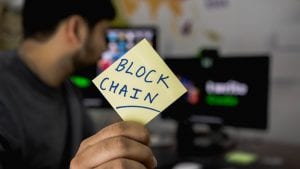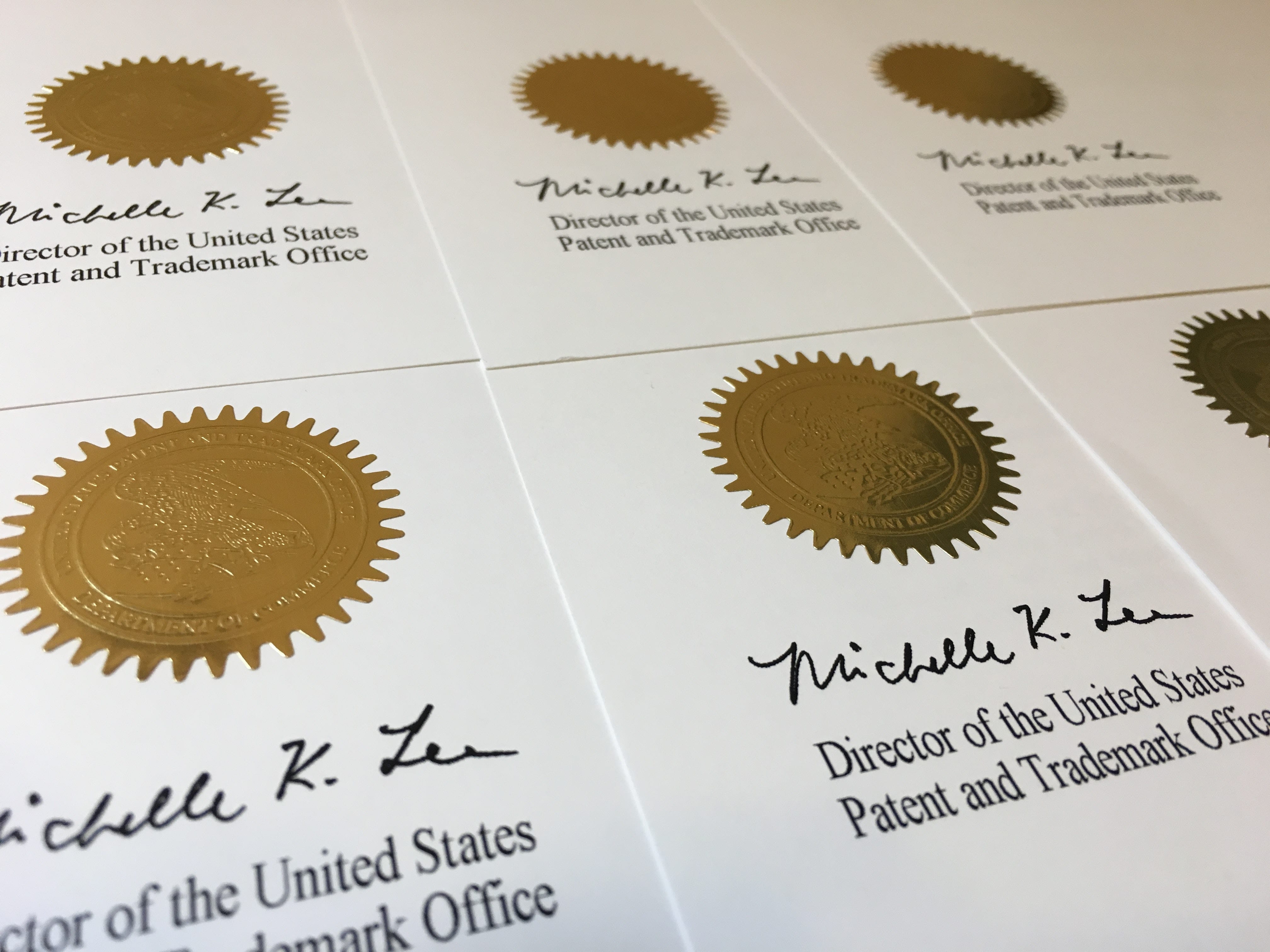One notable trend in intellectual property protection is the rise of AI-generated content and its implications for copyrights. ~ Michael Edwards, Partner, Michael Edwards Solicitors
To keep businesses updated on the latest trends in intellectual property protection, we asked six experts, including intellectual property attorneys and consultants, to share their observations. From USPTO audits of trademark filings to blockchain technology for IP protection, this article provides a comprehensive overview of the changes and trends you need to know.
- USPTO Audits of Trademark Filings
- AI’s Impact on Intellectual Property
- Protecting IP in AI Training Datasets
- DMCA Safe Harbor Provisions Under Scrutiny
- Copyright Implications of AI-Generated Content
- Blockchain Technology for IP Protection
USPTO Audits of Trademark Filings
The USPTO recently implemented audits of post-registration maintenance filings. The practice is intended to clean up the register of unused or under-used trademarks. Trademark owners need to know that, if audited, they will be required to prove use on certain audited goods in their registrations.
If they choose to delete those audited goods, the Trademark Office will require proof of use on any remaining goods in the registration. Prior to filing a maintenance document, trademark owners should carefully review and restrict their description of goods.
Donna Sandidge, IP Consultant, Sandidge IP, Inc.
AI’s Impact on Intellectual Property
AI has made it to the front-page news. We have seen AI duplicate Tom Hanks, touching on issues of the right of publicity. We have seen image generators infringe on existing works by generating outputs to resemble the existing works. Then, there are issues of ownership of IP created by AI.
Can AI be considered an author for copyright purposes, or an inventor for patent purposes? AI is being used more and more by smaller companies in connection with generating content, and thus the above issues may affect them as well.
Michael Cohen, Intellectual Property Attorney, Cohen IP Law Group PC
Protecting IP in AI Training Datasets
This year, a lot of attention has been paid to how people can protect their intellectual property in a world of generative AI models. This conversation has dominated both the technology and legal spaces as creatives push back against technologies that can write in their voice or create art in their style.
Part of this protection circles around what datasets developers can use to train their programs. Many creatives have worked to remove their work from these datasets, stating they’re not to be used to train AI without written permission. There’s plenty of debate going on in the space over what protections are essential, versus what might squash innovation.
Businesses should know how to find out if their IP is being used in these training datasets, and how they can protect themselves if they want to be excluded. Tech companies building generative AI models should stay up-to-date on legislation, to make sure they’re not violating any laws regarding the use of massive datasets.
Jonathan Feniak, General Counsel, LLC Attorney
DMCA Safe Harbor Provisions Under Scrutiny
The Digital Millennium Copyright Act (DMCA), codified under 17 U.S.C. § 512, is a cornerstone of copyright law. However, there is increasing scrutiny and debate surrounding the DMCA’s safe harbor provisions, which shield online service providers from liability for copyright infringement by their users. This has become a subject of concern because of the exponential growth of user-generated content platforms and the challenges it poses to copyright holders.
There is an ongoing discussion about potential reform to the DMCA’s safe harbor provisions. Changes to these provisions could impact how businesses protect their intellectual property and enforce their rights in the digital landscape. Businesses must stay informed about these developments and be prepared to adapt their strategies for protecting their intellectual property in light of the evolving legal landscape.
Claire Melehani, Attorney, Gates Eisenhart Dawson
Copyright Implications of AI-Generated Content
One notable trend in intellectual property protection is the rise of AI-generated content and its implications for copyrights. Businesses need to know that as AI technology advances, issues related to ownership and infringement become complex.
AI algorithms can now create artworks, music, and even written content, leading to questions about who owns the rights to these creations. Businesses should stay informed about evolving copyright laws and precedents concerning AI-generated content.
Being proactive in clarifying ownership, creating detailed contracts, and monitoring legal developments in AI-generated intellectual property will be essential for safeguarding businesses from potential disputes and ensuring they capitalize on this innovative technology ethically and legally.
Michael Edwards, Partner, Michael Edwards Solicitors
Blockchain Technology for IP Protection

The use of blockchain technology for intellectual property (IP) protection has gained popularity in recent years. Blockchain technology provides a safe, immutable method for recording and verifying ownership of digital assets, such as patents, trademarks, and copyrighted content.
Businesses should be aware that blockchain can provide a secure, transparent, and decentralized ledger for their intellectual property holdings. By embracing blockchain, they may improve the verification and protection of their intellectual property rights, making it more difficult for counterfeiters and infringers to operate.
Tim Allen, Director, Oberheiden P.C.


Join the conversation!